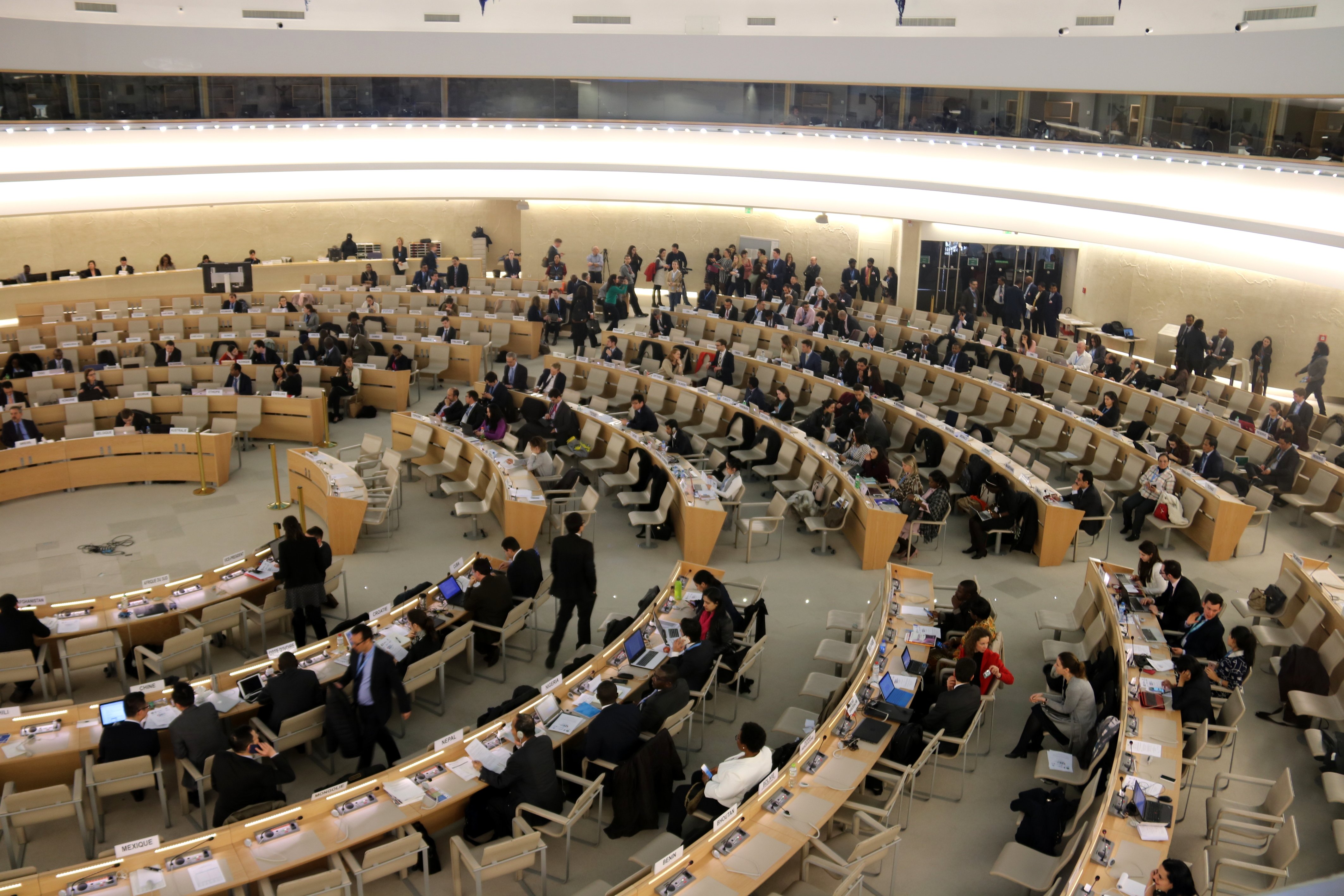The situation of the Catalan political prisoners and exiles has returned to the UN. Lawyer Jordi Palou Loverdos, in the name of the relatives of the pro-independence leaders suffering reprisals, has spoken in the 38th regular session of the Human Rights Council underway at the organisation's Geneva headquarters. During his speech, Palou denounced the Spanish justice system's handling of the investigation into last year's Catalan referendum, the situation of the prisoners and exiles and the violation of their rights.
The lawyer criticised the attitude of the judges responsible for the case of the political prisoners, saying they haven't acted in line with the principles of judicial independence. More specifically, he denounced they hadn't had their rights to effective legal protection and defence respected by summonsing them "for the crime of rebellion, some of them with less than 24-hours notice, more than 500km away from their place of residence".
The lawyer denounced the fact that the Supreme Court has included in its rulings facts described by prosecutors which are "false" and which "haven't been proven". He also highlights the judge's use of the first person plural pronoun, "placing himself as a party to and victim in the process".
For these reasons, Palou used his speech to call on the Supreme Court judges to guarantee impartiality and to use pretrial detention as a "last resort". He also called on Pedro Sánchez's new Spanish government to take advantage of "the opportunity they've got" to "follow the advice and recommendations of the Human Rights organisations of the United Nations".
This isn't the first time the issue of Catalonia has been brought before the UN. In March, MEP Jordi Solé (ERC) also denounced the existence of political prisoners in Spain and the "dreadful and disproportionate violence" of the day of the independence referendum before the Human Rights Council.

